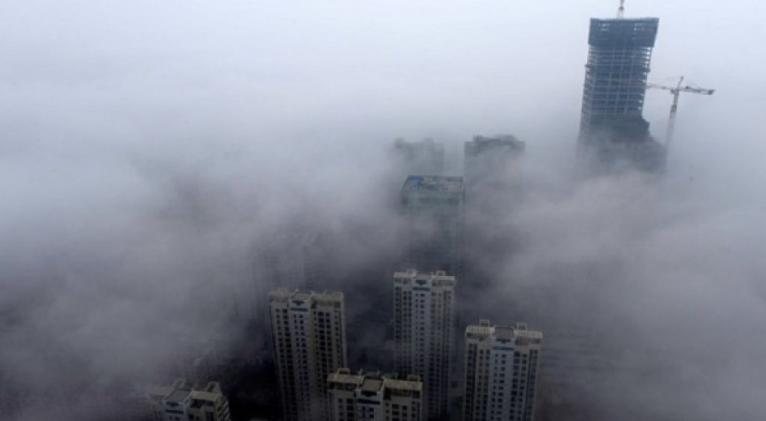3.3 Million People Die Each Year Due to Contamination
especiales

By the year 2050, the yearly death toll due to contamination around the globe will double to 6.6 million, according to a recent study by international scientists recently published by Nature magazine.
Air pollution is currently killing about 3.3 million people a year around the world, the study revealed. It also said farming plays a huge role in smog and soot deaths in industrial nations, according to AP.
The study was carried out by scientists in Germany, Cyprus, Saudi Arabia and Harvard University, who said that about 75 percent of the deaths are from strokes and heart attacks caused by pollution.
"About 6 percent of all global deaths each occur prematurely due to exposure to ambient air pollution. This number is higher than most experts would have expected, say, 10 years ago," AP quoted Jason West, a University of North Carolina environmental sciences professor, as saying. He wasn't part of t0he study but praised it, AP added.
China has the highest rate of pollution-related deaths with 1.4 million, followed by India with 645,000 and Pakistan with 110,000, AP continued.
The United States reported about 55,000 deaths related to soot and smog in 2010. The U.S. ranks seventh highest for air pollution deaths. Of those deaths, according to the study, 16,221 were caused by agriculture, while 16,929 were blamed on power plants.
The study also revealed that agriculture is the number one cause of soot and smog deaths in northeastern United States, all of Europe, Russia, Japan and South Korea.
At a worldwide level, agriculture is the number two cause of pollution-related deaths with 664,100 per year, while more than a million people have died from in-home heating and cooking with wood and other biofuels in the developing nations.
Lead author of the study, Jos Lelieveld of the Max Planck Institute for Chemistry in Germany, explained that farms have high levels of ammonia from fertilizers and animal waste, which then combines with sulfates from coal-fired power plants and nitrates from vehicles exhaust to form the soot particles.
"We were very surprised, but in the end it makes sense," Lelieveld said.
Agricultural emissions are increasing, widely concerning experts because they are not regulated, AP quoted Allen Robinson, an engineering professor at Carnegie Mellon University, as saying. He was also not part of the study, but agreed with it, the U.S. news agency added.













Add new comment